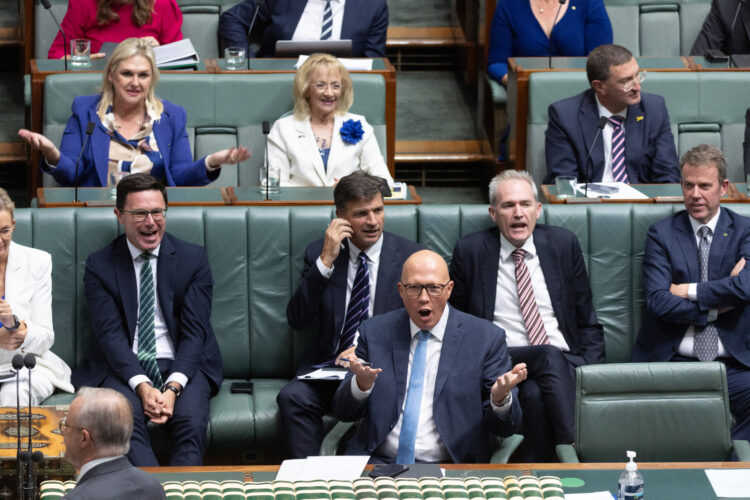We’re still going:
“Under Labor, migration will continue to put pressure on housing, infrastructure, and services.
But under the Coalition, we will cut the migration intake to free up housing and restore the great Australian dream of home ownership.
We will cut the permanent migration program by 25 per cent. [business groups are now seeing wages and skills shortage go up. I mean, I like the wages bit… but…]
We will ban foreign investors and temporary residents from purchasing existing Australian homes for two years. [so foreign investor in housing are bad, but domestic investors in housing deserve a capital gains tax and negative gearing? Labor are also doing this]
We will set stricter caps on foreign students to relieve stress on rental markets.[ a recent report found that foreign student had no impact on rental prices, but hey, who needs evidence – https://www.abc.net.au/news/2025-03-21/australia-rent-crisis-not-international-students-fault-study/105076290]
We will invest $5 billion in essential infrastructure to get stalled housing projects off the ground and unlock 500,000 homes. [This is just $5bn for property investors and will do close to bugger all – as I wrote when they first announced it – https://australiainstitute.org.au/post/the-liberals-plan-to-boost-housing-is-just-a-5bn-gift-to-property-developers/]
And we will allow first home buyers to access up to $50,000 of their super for a home deposit. [oh god, more super, more juicing up demand = higher house prices!!!]
Consistent with our intent to pass the Lower Immigration and More Homes for Australians Bill, we will go further in lowering migration.”

Loading form…